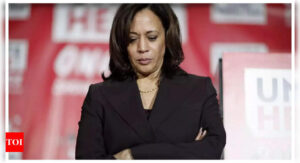Jumbo and FHA mortgage rates set record lows, juicing refinance demand

People wait to visit a house for sale in Floral Park, Nassau County, New York.
Wang Ying | Xinhua News Agency | Getty Images
Record low rates for both larger loans and low down-payment loans drove an increase in mortgage demand last week. Total mortgage application volume rose 3.8% compared with the previous week, according to the Mortgage Bankers Association’s seasonally adjusted index.
The demand was fueled by refinances, which rose 6% for the week and were 88% higher annually. The rates for jumbo loans, FHA loans and 15-year fixed loans set record lows, while the rate on the most popular loan, the 30-year fixed, saw really no change.
The average contract interest rate for 30-year fixed-rate mortgages with conforming loan balances ($510,400 or less) increased to 3.01% from 3.00%, with points increasing to 0.38 from 0.35 (including the origination fee) for loans with a 20% down payment.
Potential homebuyers are still pulling back, despite low interest rates. Mortgage applications to purchase a home fell 1% for the week but were 25% higher annually. Purchase mortgage demand has been falling pretty steadily over the past month, as home prices set new record highs and the supply of homes for sale is still incredibly lean.
“After a solid stretch of purchase applications growth, activity decreased for the fifth time in six weeks, but has increased year-over-year for six straight months,” said Joel Kan, an MBA economist. “2020 continues to overall be a strong year for the housing market.”
Mortgage rates have been remarkably steady over the last several weeks, even more so than the bonds they historically follow. Whatever the election results, it does not appear that they will move rates dramatically.
“While we’re not likely to see as big of a reaction this time around, it’s still the biggest potential market mover since March,” said Matthew Graham, CEO at Mortgage News Daily. “Keep in mind that if markets knew rates were going to go higher after the election, they’d already be there. Traders always do their best to get in position for whatever they think they can know about the future.”






